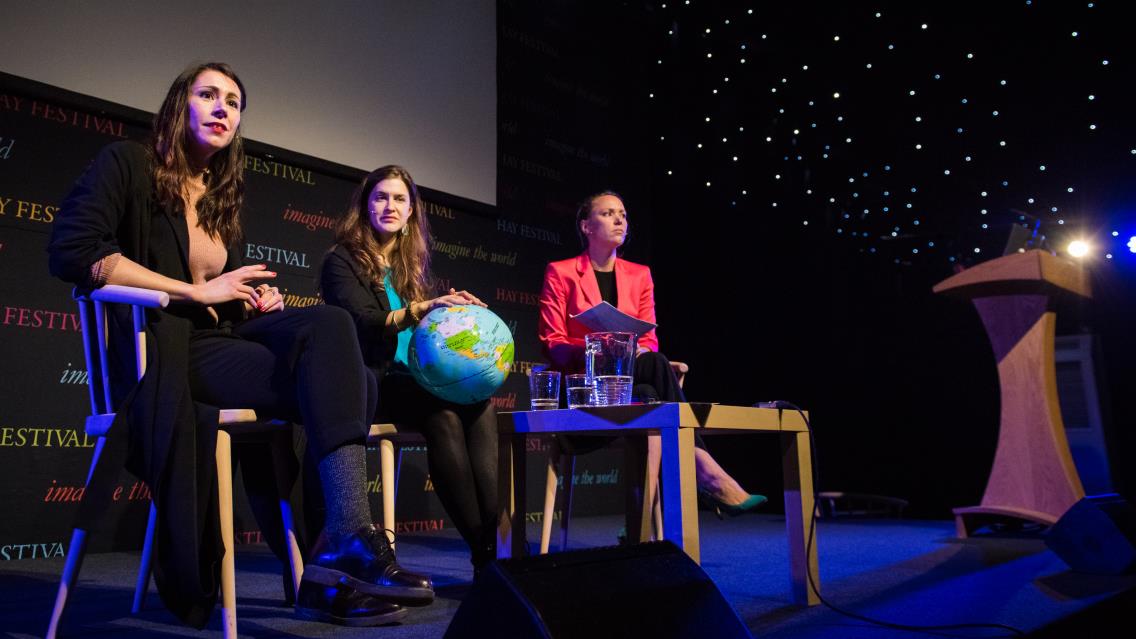
Rachel Lowe, of the London School of Hygiene and Tropical Medicine, is working on what she calls Planetary Health – the use of artificial intelligence to get ahead of epidemics of mosquito-borne diseases, and thus to help governments prepare their responses. Her team’s work had improved the accuracy of predictions for a dengue outbreak in Brazil to 53 per cent from 33 per cent.
“The long term goal is to be able to predict diseases like we predict the weather,” she said. “We are a long way from designing a global disease prediction system but it is something we would like to work towards.”
Alongside her on stage was Gemma Modinos of King’s College London, who was talking about Precision Psychiatry. She has brought the power of computing to analysing psychosis, with the aim of helping clinicians understand why people are vulnerable to the condition and who is affected. At the moment, she said, psychiatrists have been forced to essentially rely on guesswork, since they’ve lacked the diagnostic tools available to other medical specialists. Analysing blood markers and other signs of health can help detect and understand mental conditions, as it can physical ones.
“I think the field of psychiatry is undergoing a change. There is a paradigm shift. It is more and more understood that the brain is in the body and there is a clear connection,” she said. “The brain is in the body, the mind is in the brain, and this how psychiatry can move forward.”